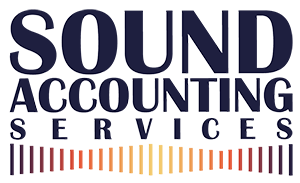Our subscriber is VAT registered in the UK and produced a singing and dancing show for a cabaret venue in Spain. He invoiced the venue in Spain for the show and did not charge UK VAT on his fee because the place of supply is Spain under the general business-to-business (B2B) rule.
The HMRC officer agreed this was correct and that the venue in Spain should account for Spanish VAT on its own return via a reverse charge calculation.
Tip. If you provide services to an overseas business based in another EU country, where the service is covered by the general B2B rule, you should annotate your sales invoice along the lines of: “Place of supply is Spain – reverse charge to be applied by customer.” It is useful (but not compulsory) to show your customer’s Spanish VAT number on the invoice because this provides evidence of business status.
Performance-related services
The costs incurred by our subscriber related to the services of lighting engineers, stage designers, costume designers, singers and dancers who were all VAT registered in the UK. They charged UK VAT on their fees but the officer said this was wrong and that they should have registered for VAT in Spain and charged Spanish VAT instead.
The good news for our subscriber is that the officer is wrong. These services default back to the basic B2B rule considered above, i.e. the contractors are working for our UK-based subscriber and the location the event is held in is irrelevant.
B2C performance services
What would be the VAT position if our subscriber produced a show for a non-business customer in Spain, e.g. the birthday party of a wealthy resident?
The place of supply for business-to-consumer (B2C) events is where it event takes place rather than where the customer is based, so they must now register for and charge Spanish VAT.
Note. The definition of events for these purposes is quite wide, and includes sporting, cultural and educational functions as well as entertainment.
Tip. There might sometimes be doubts about whether an overseas customer is in business or otherwise. In cases of doubt, you should treat the deal as B2C if the customer cannot supply a VAT number in their EU country of residence.
Trap. Don’t forget that there is a zero-registration threshold for supplies made in an EU country by a business not established in that country, and where the VAT is not dealt with by the customer using, say, the reverse charge procedures. This would mean our subscriber would need a Spanish VAT number if the production was being carried out for a B2C customer in Spain, even if their fee was only €10.
For further information and guidance relating to the place of supply rules, refer to VAT Notice 741A (see The next step ). In particular, paragraphs 6.3, 9.1 and 9.5 are relevant to the circumstances our subscriber finds themselves in.
Reproduced with the permission of Indicator – FL Memo Limited. For subscription information call 01233 653500;
